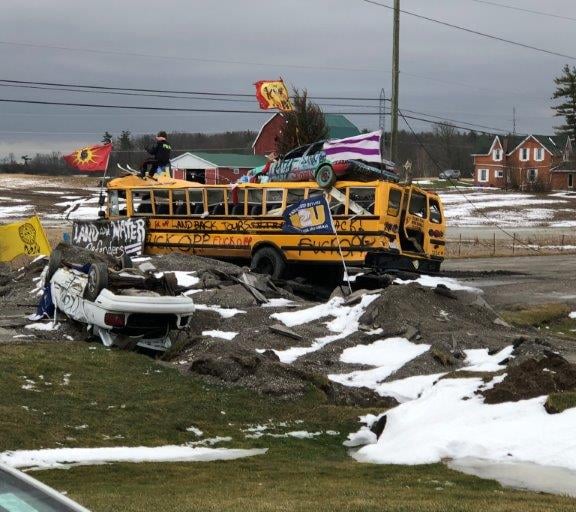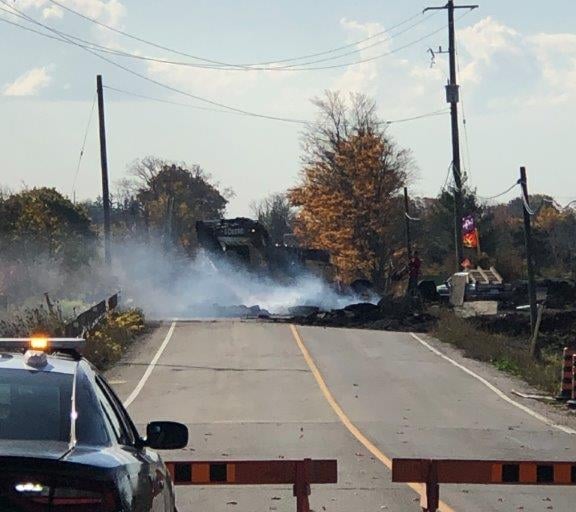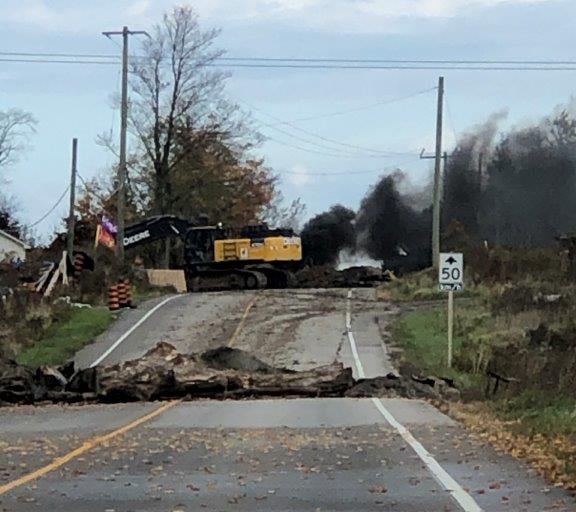





Caledonia Class Action 2020
Overview
The Grand River land dispute—sometimes referred to as the Caledonia land dispute—concerns competing claims relating to lands along the Grand River in Ontario commonly known as the Haldimand Tract. These lands were granted in the eighteenth century to Indigenous allies of the British Crown following the American Revolutionary War and the Treaty of Paris (1783). Issues relating to the interpretation and fulfillment of those historic arrangements have been the subject of longstanding disagreement.
In recent decades, disputes relating to portions of these lands have periodically given rise to protests and occupations in and around the community of Caledonia, within Haldimand County.
One such dispute arose in 2006, resulting in a class proceeding against the Government of Ontario on behalf of local residents and businesses affected by land closures. That action was resolved by way of a court-approved settlement.
In July 2020, renewed protest activity occurred when members of the Six Nations of the Grand River occupied a construction site owned by Foxgate Developments Inc., located at 1535 McKenzie Road in Caledonia, which was subsequently referred to as “1492 Land Back Lane.” The site was intended for development as a residential subdivision known as McKenzie Meadows. The occupation continued notwithstanding court orders requiring that the site be vacated.
As a result of the occupation and related road closures, including portions of Argyle Street and Highway 6, residents and businesses in the surrounding area allege that they suffered economic loss, property interference, and other forms of harm.
On November 16, 2020, a proposed class proceeding was commenced in the Ontario Superior Court of Justice pursuant to the Class Proceedings Act, 1992, as amended. The action is brought on behalf of affected property owners and businesses and names as defendants the Commissioner of the Ontario Provincial Police, senior OPP officers, and the Crown in Right of Ontario.
This proposed class action seeks compensation for alleged harms arising from the events associated with the 2020 occupation. The claims advanced in the proceeding have not yet been adjudicated, and no findings of liability have been made.
Important Note
This website provides general information about a proposed class proceeding. It does not constitute legal advice, and the allegations described have not yet been proven in court.